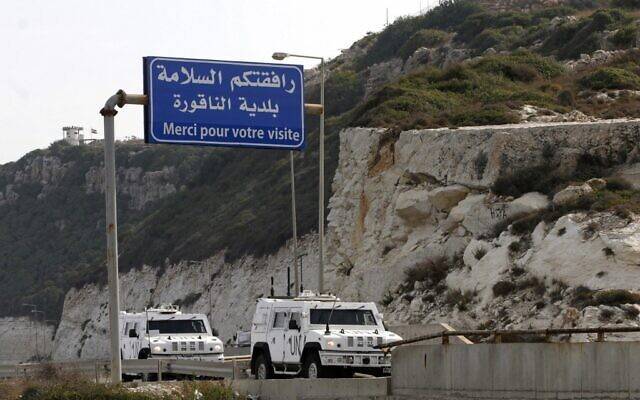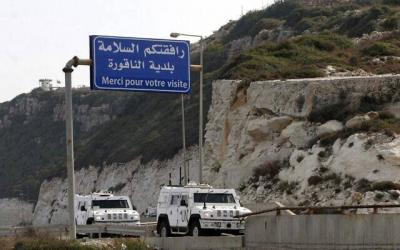Positive comments surrounded the meeting of the American envoy Amos Hochstein with the three presidents at Baabda Palace yesterday, where the American mediator expressed "optimism about reaching an agreement in the coming weeks." For his part, the Minister of Foreign Affairs in the caretaker government, Abdullah Bou Habib, revealed "significant progress." Meanwhile, Deputy Speaker of Parliament Elias Bou Saab summarized the scene by saying, "No one has asked us to bite off blocks or extend pipelines, and Lebanon has demanded its complete blocks with no change in its position, and Hochstein never offered us any sharing of wealth, blocks, or profits with the Israeli enemy."
However, leaks that followed the six-party meeting in Baabda indicated that the offer brought by Hochstein involves returning to the meandering line in exchange for obtaining the entire Qana field. This means starting from the coordinates of line 23 and deviating northward to reach the midpoint line between Lebanon and Cyprus, thus allowing Israel to obtain an area north of line 23 within block 8, under the pretext that it needs it to extend its gas pipeline to Europe.
Thus, one must ask: why is Israel trying to nibble away part of block 8? Is this related to exporting gas to Europe?
To begin, it is essential to point out that the term "Qana field" is not scientifically accurate, based on the principle that a field is announced after surveying, exploring, drilling, and extraction, while Lebanon has not surveyed, explored, or drilled in Qana. It consists of potential reservoirs that have not yet undergone studies, resembling "fish in the sea."
Moreover, some experts working in this field draw attention to initial estimates suggesting that the Qana field may geologically resemble the Karish field, indicating that its oil wealth potential may be modest, unlike the potential reservoirs in block 8, which are believed to be similar to the Tamar field in terms of geology, resources, and significance. Some preliminary estimates suggest that the value of the contents in this block could range from 8 to 12 trillion cubic feet.
For this reason, observers say that the potential wealth of block 8 is what makes it of interest to Israel, attempting to negotiate a swap between part of it and the modest Qana field in terms of resources. They indicate that the claim of Israel’s need for this additional space from block 8 to extend a pipeline to Europe is unconvincing, as it currently relies on Egypt.
In reality, the eastern Mediterranean has become the center of a geopolitical storm among the countries bordering it from three continents, especially following consecutive gas discoveries in its depths over the past two decades. All Eastern Mediterranean countries have sought to become a primary energy corridor. While Cairo was theoretically the least likely to attract Israeli gas export projects to Europe, compared to Turkey and Greece, which are closer to both Israel and Europe, the European Union ultimately settled on Egypt and on liquefying gas instead of transporting it via expensive pipelines.
Faced with Israel's failure to export gas independently due to infrastructure challenges, the eastern Mediterranean battle concluded with the United States and the European Union betting on Cairo. Egypt's preferential geographical location contributed to reaching a trilateral agreement (European Union, Israel, and Egypt), with Egypt possessing a ready, cost-effective foundation for liquefying gas and transporting it without requiring pipelines, as well as an old gas line connecting it to Israel since 2008 for transporting Israeli gas to it. Moreover, Egypt's two gas liquefaction plants in Edku and Damietta are directly on the sea, facilitating gas transport to Europe via the Mediterranean.
Egypt currently exports 500 million cubic feet of natural gas daily to Europe, and the terms of the trilateral agreement have not yet been disclosed. Therefore, Egypt's status as a partner sharing the revenue from transporting gas coming from Israel is unclear, and it remains unknown whether the government will take on the purchasing and selling or whether profits will be limited to liquefaction and transportation fees.
Thus, observers believe that Israel's reliance on Egypt for supplying its gas is less costly than a project to lay a new pipeline across block 8 and is safer, in addition to being an investment surrounded by risks that might deter investors.




